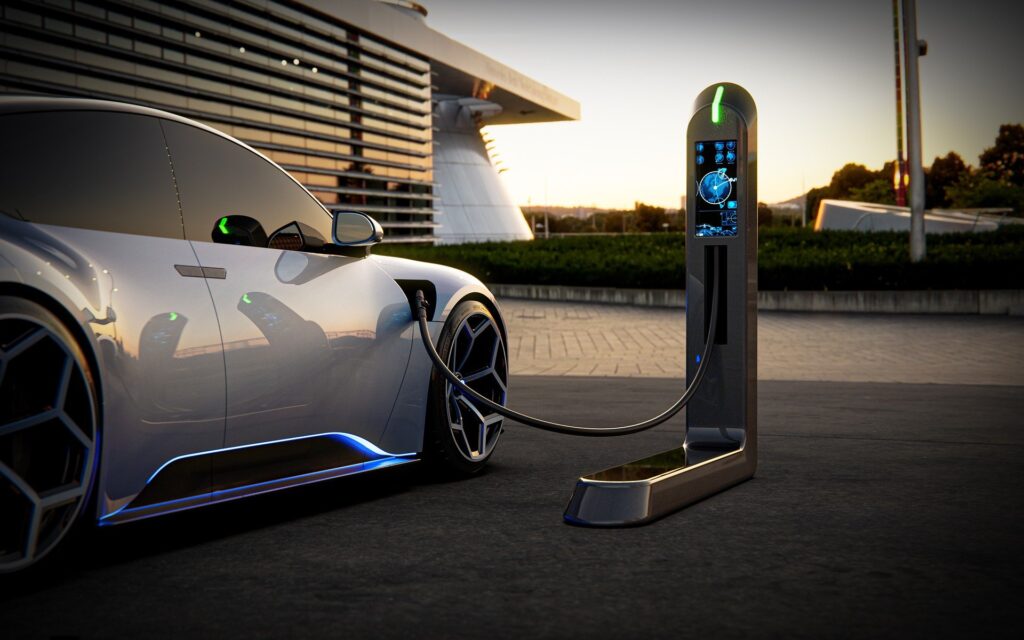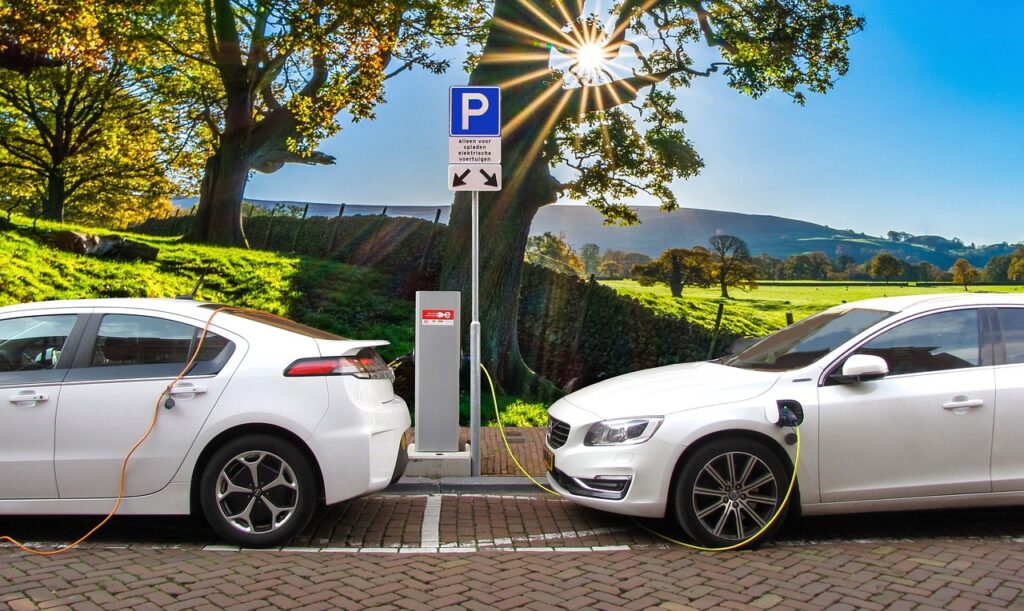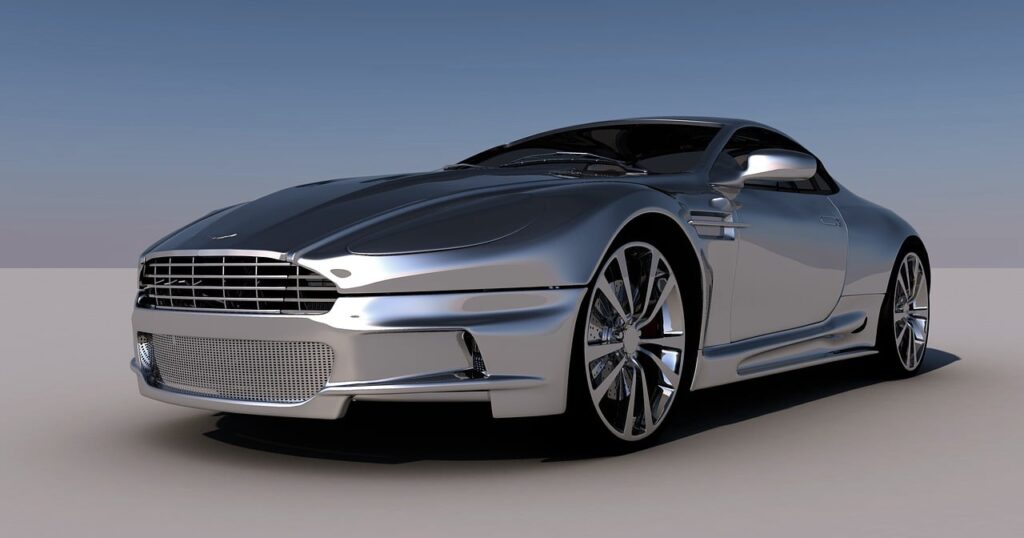Deciding between an electric vehicle (EV) and a petrol-powered car is a crucial step when purchasing a car. With advancements in technology and growing environmental concerns, electric cars are gaining popularity. On the other hand, petrol cars have a proven track record of reliability and widespread availability. The choice between the two depends on your needs, budget, and long-term goals. Let’s explore the advantages and disadvantages of both types of vehicles to help you make an informed decision.

photo: collected
Electric Cars (EVs)
Advantages of Electric Cars
1. Eco-Friendly
Electric cars produce zero emissions.
They contribute to reducing environmental pollution, making them a sustainable choice.
2. Cost-Effective
Charging an electric car is significantly cheaper than buying petrol or diesel.
They reduce long-term fuel expenses.
3. Low Maintenance Costs
Electric cars have fewer moving parts, resulting in lower maintenance costs.
There is no need for oil changes or filter replacements.
4. Quiet and Smooth Driving
Electric vehicles are silent, providing a more comfortable driving experience.
5. Government Incentives
Many governments offer subsidies, tax benefits, and incentives for purchasing electric cars.

Photo: collected
Disadvantages of Electric Cars
1. High Initial Cost
Electric cars are generally more expensive upfront than petrol cars.
Battery replacement costs can also be high.
2. Limited Charging Infrastructure
Charging stations are not yet widely available in all areas.
Long-distance travel can be challenging due to charging limitations.
3. Charging Time
Fully charging an electric car takes time, even with fast-charging options.
This can be inconvenient compared to refueling petrol.
4. Limited Driving Range
Many electric cars have a restricted range per charge, which can be an issue for long trips.
Petrol Cars

photo : Collected
Advantages of Petrol Cars
1. Lower Initial Cost
Petrol cars are usually more affordable upfront compared to electric cars.
They are easily accessible for most buyers.
2. Quick Refueling
Refueling a petrol car takes just a few minutes, making it convenient for long trips.
Fuel stations are widely available everywhere.
3. Better Performance
Petrol cars often deliver powerful engine performance and better acceleration.
They are more suitable for long drives and hilly areas.
4. Wide Range of Models
Petrol cars come in various models and brands, offering more options to suit your needs and budget.
Disadvantages of Petrol Cars
1. Higher Fuel Costs
Petrol is more expensive than electric charging.
Long-term fuel costs can add up significantly.
2. High Maintenance Costs
Petrol engines have more moving parts, requiring regular oil changes and repairs.
This increases the overall maintenance expenses.
3. Environmental Impact
Petrol cars emit carbon dioxide, contributing to environmental pollution.
4. Higher Long-Term Costs
Due to fuel and maintenance expenses, petrol cars can be costlier in the long run.
Which One is Right for You?
The choice between an electric car and a petrol car depends on your lifestyle, needs, and priorities:
An Electric Car is Ideal If:
You value sustainability and eco-friendliness.
You have access to charging stations and shorter daily commutes.
You want to save on long-term fuel expenses.

photo: Collected
A Petrol Car is Ideal If:
You’re looking for a budget-friendly option with reliable performance.
You frequently go on long trips or drive in areas without charging stations.
You need a car with strong acceleration and versatility.
Conclusion
Both electric and petrol cars have their unique advantages and limitations. If you prioritize future-ready, eco-friendly, and cost-effective options, an electric car is the way to go. Conversely, if you’re on a budget and need reliable, high-performance transportation, a petrol car might be the better choice.



Very useful and well-explained. Kudos to Auto Vipes Unlimited for this amazing content!”
“Absolutely loved the content. Keep up the great work, Auto Vipes Unlimited.
“Absolutely loved the content. Keep up the great work, Auto Vipes Unlimited